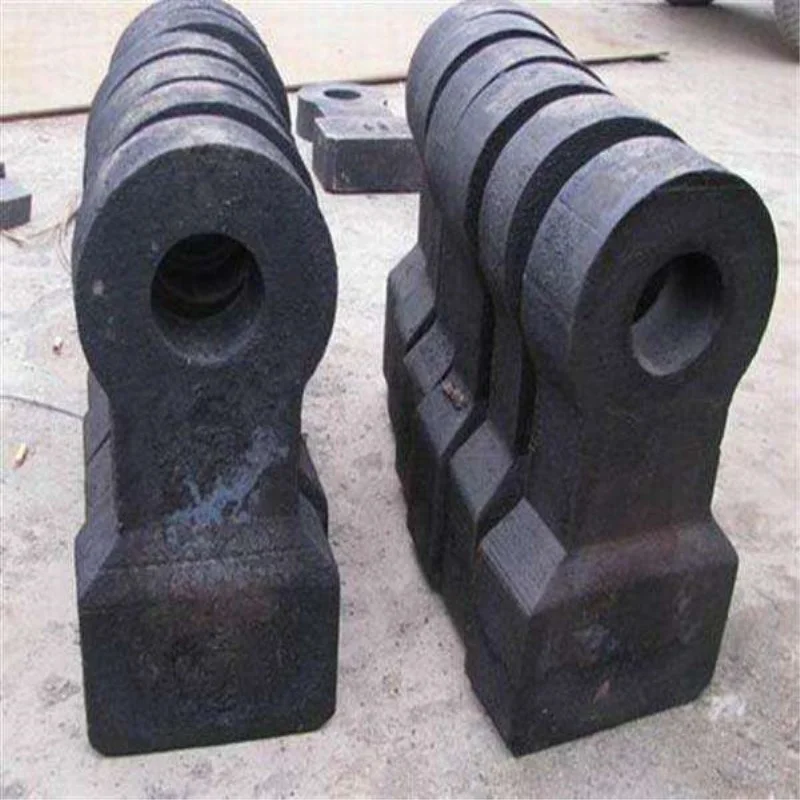Tipos de martillos trituradores: ¿Cuál es el mejor para su máquina?
Introduction
Imagine this: your crusher is underperforming, production targets are slipping, and downtime is piling up costs. Frustrating, right? Often, the issue lies not in the crusher itself but in the type of hammer you’re using. Choosing the right crusher hammer can mean the difference between efficient operations and constant headaches.
In this guide, we’ll explore the various types of crusher hammers, their unique advantages, and how to select the best one for your specific machine and application. Whether you’re dealing with tough rocks, abrasive materials, or lightweight aggregates, understanding your options will save you time, money, and stress. Let’s dive in!
Body Content
1. High Manganese Steel Hammers
Overview: Known for their toughness, these hammers become harder with impact, making them ideal for heavy-duty operations.
Best For: Crushing hard and abrasive materials like granite or basalt.
Benefits:
- High impact resistance.
- Longer lifespan under high-pressure conditions.
Drawbacks: - Less effective with lightweight, non-abrasive materials.
2. Alloy Steel Hammers
Overview: Engineered for strength and durability, alloy steel hammers handle extreme crushing conditions with ease.
Best For: Industries requiring high wear and impact resistance, such as mining.
Benefits:
- Exceptional toughness.
- Resistant to cracking and deformation.
Drawbacks: - Higher initial cost compared to standard steel hammers.
3. Chromium Steel Hammers
Overview: Designed for abrasion resistance, chromium steel hammers excel in environments with excessive wear.
Best For: Cement plants, quarries, and operations dealing with fine materials.
Benefits:
- Excellent wear resistance.
- Reduced maintenance frequency.
Drawbacks: - Not as tough as manganese or alloy steel for high-impact conditions.
4. Forged Steel Hammers
Overview: Precision-crafted for maximum durability, forged steel hammers deliver unparalleled performance in extreme environments.
Best For: Applications requiring the highest toughness and resistance to impact.
Benefits:
- Long service life.
- High strength and reliability.
Drawbacks: - Higher manufacturing costs.
How to Choose the Right Hammer for Your Machine
Understand Your Material
- Hard, abrasive materials? Go for high manganese or forged steel hammers.
- Lightweight or non-abrasive materials? Chromium steel may suffice.
Consider Operating Conditions
- High impact environments require hammers with exceptional toughness, like alloy or forged steel.
- For highly abrasive conditions, prioritize wear resistance.
Assess Cost vs. Performance
- While high-quality hammers cost more upfront, their durability and performance often offset replacement and maintenance costs.
Match Hammer to Machine Specifications
- Ensure the hammer is compatible with your crusher model to avoid operational inefficiencies.
